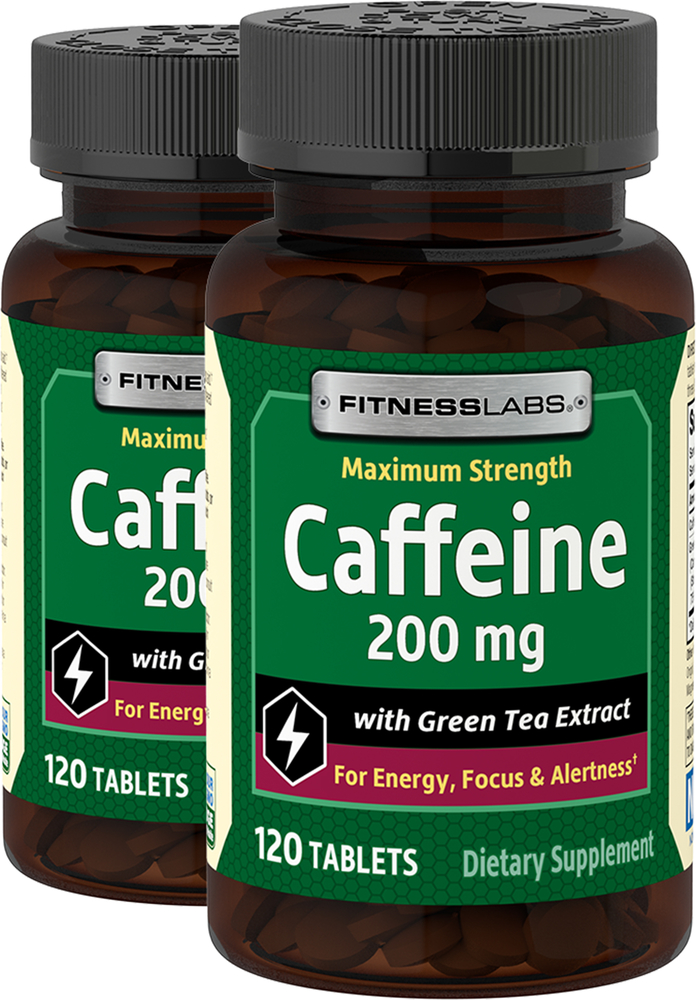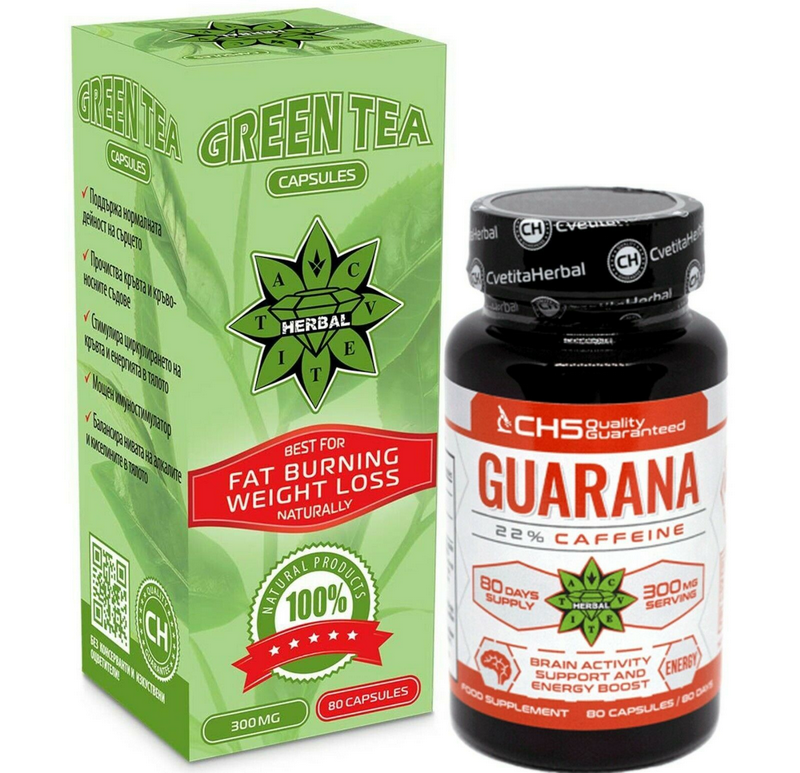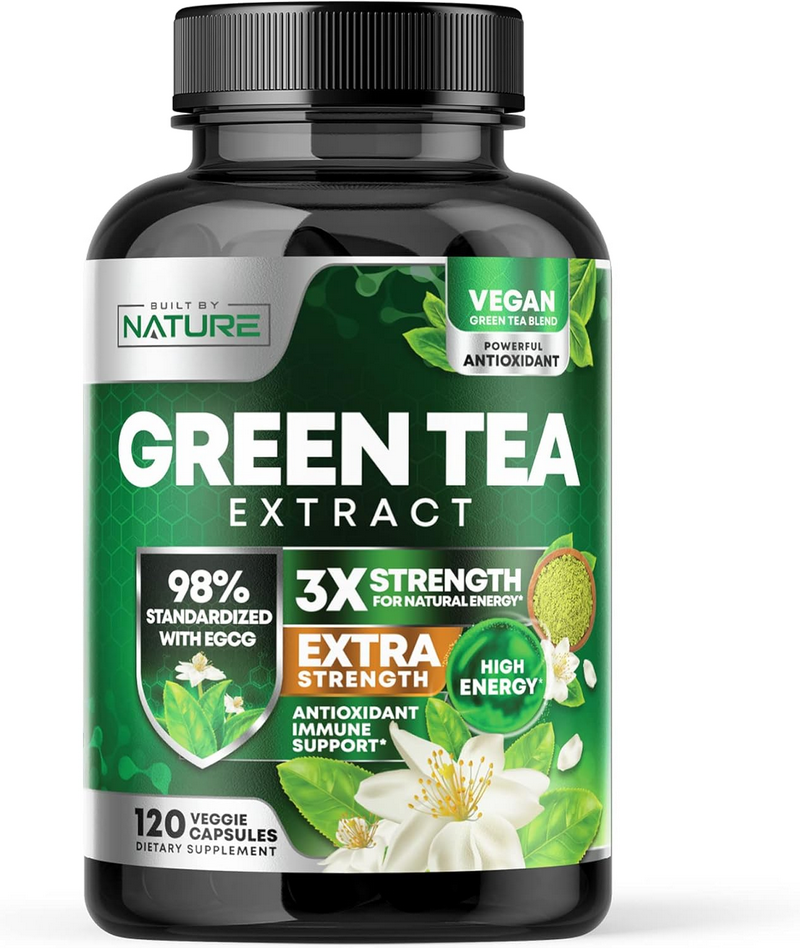Content Menu
● Understanding Caffeine in Green Tea Extract
● Health Benefits of Green Tea Extract
● Recommended Dosage of Green Tea Extract
● Potential Side Effects of Green Tea Extract
● Comparison with Other Caffeine Sources
● Conclusion
● Frequently Asked Questions
Green tea extract has gained immense popularity as a dietary supplement, particularly among those seeking to enhance their health and wellness. One of the most frequently asked questions regarding green tea extract pills is about their caffeine content. This article will explore the caffeine levels in green tea extract pills, their health benefits, recommended dosages, potential side effects, comparisons with other caffeine sources, and tips for effective usage.

Understanding Caffeine in Green Tea Extract
Caffeine is a natural stimulant found in various plants, including tea leaves. Green tea extract is derived from the leaves of the Camellia sinensis plant and is known for its high concentration of antioxidants, particularly catechins. The caffeine content in green tea extract pills can vary significantly depending on the brand and formulation. Generally, a standard green tea extract pill contains between 30 to 100 mg of caffeine per serving.
Health Benefits of Green Tea Extract
Green tea extract is celebrated for its numerous health benefits, many of which are attributed to its caffeine and antioxidant content. Here are some of the key benefits:
1. Weight Management: Green tea extract is often included in weight loss supplements due to its ability to boost metabolism and promote fat oxidation. The caffeine in green tea can enhance energy expenditure, making it easier to burn calories
2. Enhanced Mental Alertness: The caffeine in green tea extract can improve focus, concentration, and overall cognitive function. It works by blocking adenosine, a neurotransmitter that promotes sleep, thereby increasing alertness.
3. Antioxidant Properties: Green tea extract is rich in polyphenols, which are powerful antioxidants. These compounds help combat oxidative stress and reduce inflammation in the body, potentially lowering the risk of chronic diseases.
4. Heart Health: Regular consumption of green tea extract may support cardiovascular health by improving cholesterol levels and reducing blood pressure. The antioxidants in green tea can also help protect the heart from damage.
5. Blood Sugar Regulation: Some studies suggest that green tea extract may help regulate blood sugar levels, making it beneficial for individuals with insulin sensitivity or type 2 diabetes.
6. Cancer Prevention: Some research indicates that the antioxidants in green tea extract may play a role in reducing the risk of certain types of cancer. The catechins in green tea have been shown to inhibit tumor growth and reduce the spread of cancer cells in laboratory studies.
7. Improved Skin Health: The anti-inflammatory properties of green tea extract can benefit skin health. It may help reduce acne, protect against sun damage, and improve overall skin appearance.
8. Enhanced Physical Performance: Caffeine is known to improve physical performance by increasing adrenaline levels and releasing fatty acids from fat tissues. This can lead to improved endurance and strength during workouts.

Recommended Dosage of Green Tea Extract
The appropriate dosage of green tea extract can vary based on individual health goals and the specific product being used. However, general guidelines suggest:
◆ For Weight Loss: A common dosage is between 250 to 500 mg of green tea extract per day, which typically provides around 30 to 100 mg of caffeine.
◆ For General Health: A daily intake of 100 to 300 mg of green tea extract is often recommended for its antioxidant benefits.
It is essential to follow the manufacturer's instructions and consult with a healthcare professional before starting any new supplement regimen.
Potential Side Effects of Green Tea Extract
While green tea extract is generally considered safe for most people, it can cause side effects, particularly when consumed in high doses. Some potential side effects include:
◆ Nausea and Upset Stomach: Some individuals may experience gastrointestinal discomfort, especially when taking green tea extract on an empty stomach.
◆ Insomnia: Due to its caffeine content, taking green tea extract too close to bedtime may interfere with sleep.
◆ Increased Heart Rate: High doses of caffeine can lead to palpitations or an increased heart rate in sensitive individuals.
◆ Liver Toxicity: In rare cases, excessive consumption of green tea extract has been linked to liver damage. It is crucial to adhere to recommended dosages.

Comparison with Other Caffeine Sources
When considering caffeine sources, it's essential to compare green tea extract with other popular options, such as coffee and energy drinks.
◆ Coffee: A standard 8-ounce cup of brewed coffee contains approximately 95 mg of caffeine, significantly higher than most green tea extract pills. While coffee can provide a quick energy boost, it may also lead to jitters and crashes.
◆ Energy Drinks: Many energy drinks contain high levels of caffeine, often exceeding 200 mg per serving. These drinks may also include added sugars and other stimulants, which can lead to adverse effects.
◆ Green Tea: A typical cup of brewed green tea contains about 30 to 50 mg of caffeine, making it a milder option compared to coffee and energy drinks. Green tea also offers additional health benefits due to its antioxidant content.
Conclusion
Green tea extract pills are a popular supplement known for their health benefits, including weight management, enhanced mental alertness, and antioxidant properties. Understanding the caffeine content, recommended dosages, potential side effects, and effective usage tips can help individuals make informed decisions about incorporating green tea extract into their wellness routines.
With its myriad of health benefits and relatively low caffeine content compared to other sources, green tea extract can be a valuable addition to a balanced diet and healthy lifestyle. As with any supplement, it is crucial to approach its use thoughtfully and in conjunction with professional guidance when necessary.

Frequently Asked Questions
Q: How much caffeine is in green tea extract pills?
A: The caffeine content in green tea extract pills typically ranges from 30 to 100 mg per serving, depending on the brand and formulation.
Q: Can I take green tea extract for weight loss?
A: Yes, green tea extract is often included in weight loss supplements due to its ability to boost metabolism and promote fat oxidation.
Q: Are there any side effects of taking green tea extract?
A: Potential side effects include nausea, insomnia, increased heart rate, and, in rare cases, liver toxicity. It is essential to adhere to recommended dosages.
Q: How does green tea extract compare to coffee?
A: Green tea extract generally contains less caffeine than coffee, making it a milder option. It also offers additional health benefits due to its antioxidant content.
Q: What is the best time to take green tea extract?
A: It is advisable to take green tea extract with meals to minimize gastrointestinal discomfort and to avoid taking it too close to bedtime to prevent sleep disturbances.
Q: Can green tea extract help with anxiety?
A: While caffeine can sometimes exacerbate anxiety, the L-theanine found in green tea may help promote relaxation and reduce stress, potentially balancing the effects of caffeine.
Q: Is green tea extract safe for everyone?
A: Most people can safely consume green tea extract, but those with certain health conditions, such as heart problems or liver issues, should consult a healthcare professional before use.
Can I take green tea extract with other supplements?
A: Yes, green tea extract can be taken with other supplements, but it is essential to monitor total caffeine intake and consult a healthcare provider if you are unsure.































